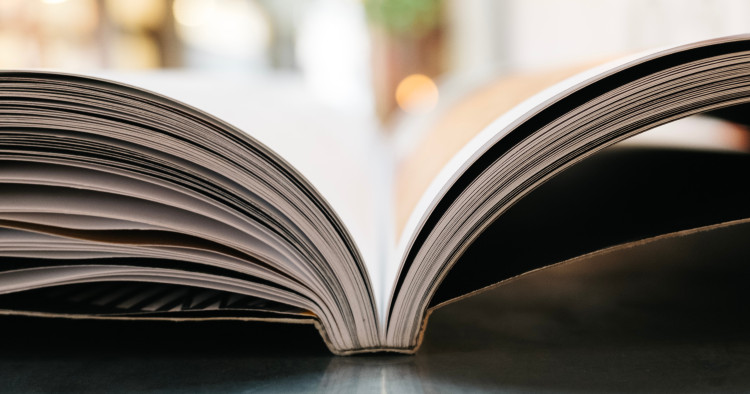Each issue of The Middle East Journal includes book reviews that are among the most respected, comprehensive, and up-to-date in the field of Middle East studies. Here are 10 recommended titles selected by our Book Review Editor and Editor from reviews published in this year's issues.
The full reviews have been set to free access for a limited time, so check out the list and, if not already, consider subscribing here to receive print copies of MEJ as well as electronic access to issues dating back almost 20 years.
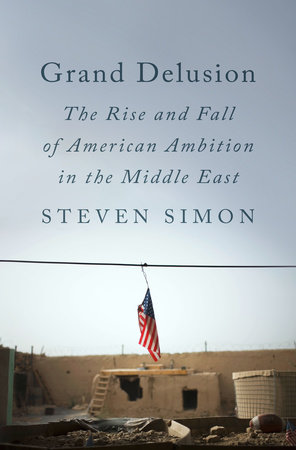
Grand Delusions: The Rise and Fall of American Ambition in the Middle East
by Steven Simon (Penguin Press)
“Readers looking for a general overview of more recent US foreign policy will find it useful. Scholars and other general readers will find the memoir-like sections of the book particularly interesting as well. Lastly, students and others interested in the thinking and decision-making that influences US foreign policy will find Simon’s book especially helpful.”
Reviewed by Mohammad Ebad Athar, Syracuse University (from the 2024 Special Double Issue)
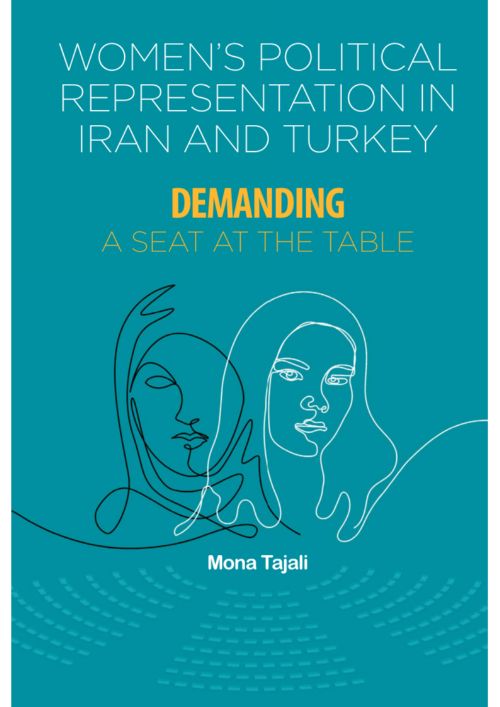
Women’s Political Representation in Iraq and Turkey: Demanding a Seat at the Table
by Mona Tajali (Edinburgh University Press)
“Tajali’s meticulously researched and well-argued . . . offers essential reading for scholars and students interested in gender studies, political science, and social movements within the context of Iran, Turkey, and the broader Middle East.”
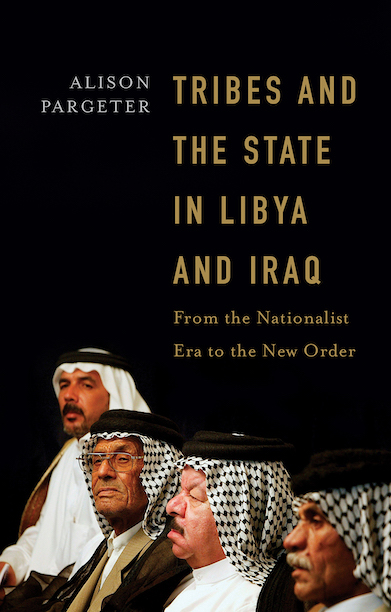
Tribes and the State in Libya and Iraq: From the Nationalist Era to the New Order
by Alison Pargeter (Hurst Publishers)
“Pargeter’s overarching conclusion is that tribes in Libya and Iraq are less cohesive than in the past, but they remain critical social and political actors. Citizens may be ambivalent about tribalism, but most understand that it must be factored into decision-making for future progress.”
Reviewed by Katherine Caroll, Vanderbilt University (from Volume 78, Issue 1)
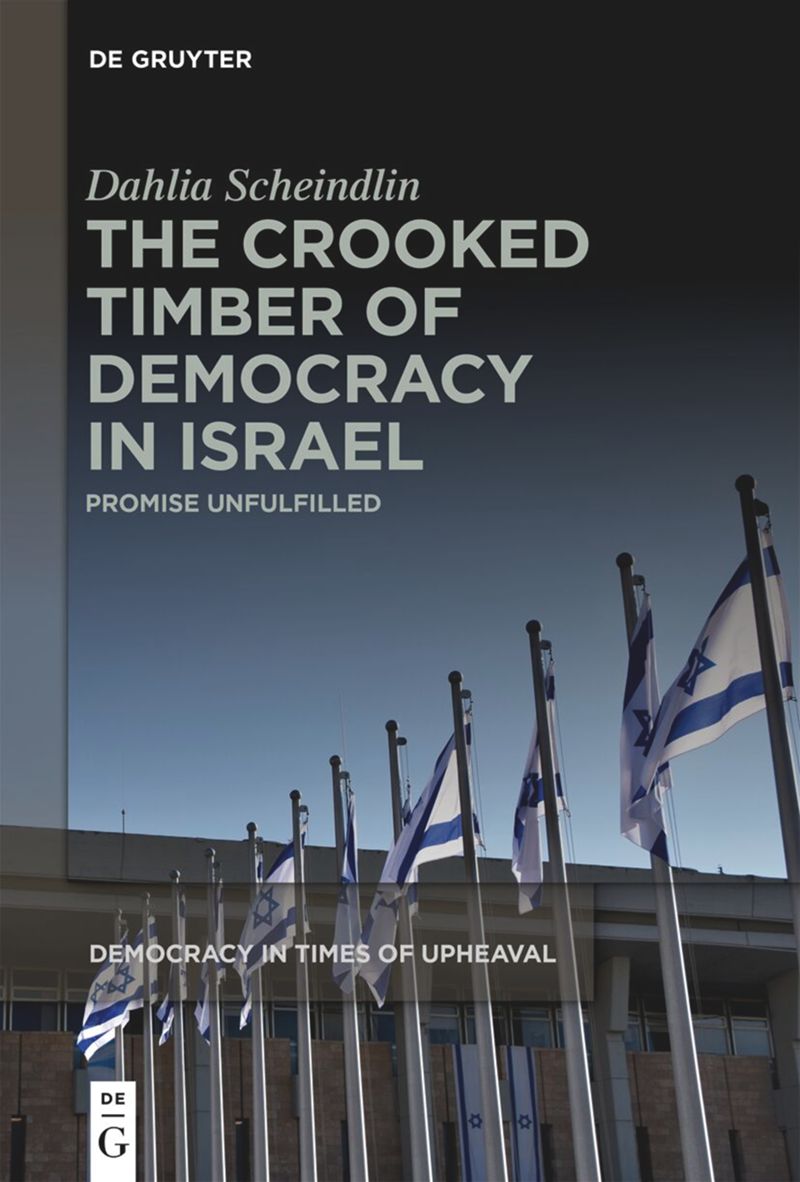
The Crooked Timber of Democracy in Israel: Promise Unfulfilled
by Dahlia Scheindlin (De Gruyter)
“Scheindlin has written a book that should be read and primarily taught when dealing with Israeli democracy. It neither demonizes nor idealizes Israel but gives a fair, critical comparative analysis based on facts.”
Reviewed by Gideon Rahat, Hebrew University of Jerusalem (from the 2024 Special Double Issue)
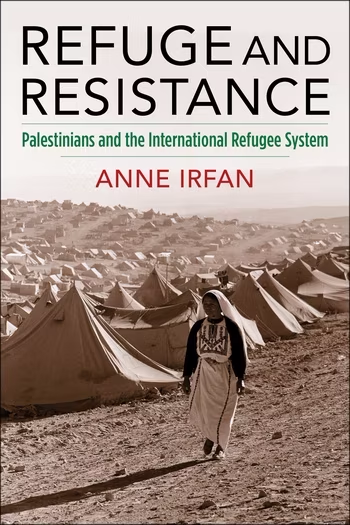
Refuge and Resistance: Palestinians and the International Refugee System
by Anne Irfan (Columbia University Press)
“Irfan’s meticulously researched and revelatory book is a must-read for anyone hoping to better understand the plight ─ but also the immense resilience and agency ─ of Palestinian refugees. At a time when Palestinians have been repeatedly sidelined from diplomatic negotiations, Irfan’s book is also a testament to the reality that the issue of Palestinian displacement is inseparable from the prospect of a solution to the broader Palestinian-Israeli conflict.”
Reviewed by Kelsey Norman, Rice University (from the 2024 Special Double Issue)
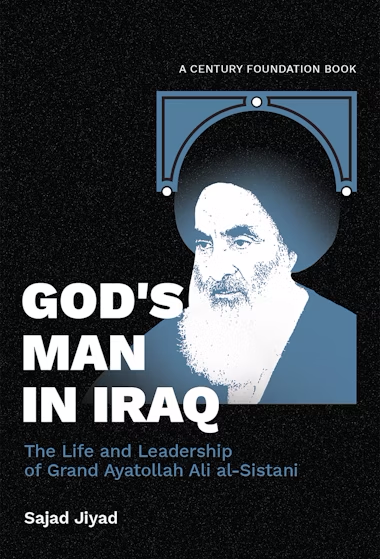
God’s Man in Iraq: The Life and Leadership of Grand Ayatollah Ali al-Sistani
by Sajad Jiyad (The Century Foundation)
“This book will interest readers in several fields. It will also make an important contribution to the broader conversation about the changing nature of democratic politics in the global South, which scholars of all fields will benefit from. Congratulations to Jiyad for writing such a well-researched book on a clerical figure whose political legacy will impact a fledgling democracy facing major challenges in years to come.”
Reviewed by Babak Rahimi, University of California, San Diego (from Volume 78, Issue 1)
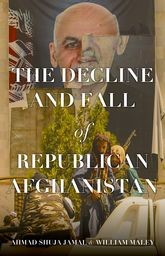
The Decline and Fall of Republican Afghanistan
by Ahmad Shuja Jamal and William Maley (Oxford University Press)
“Ahmad Shuja Jamal and William Maley’s book stands apart from the rest. No telling offers greater in-depth analysis or a more comprehensive, learned discussion of the factors contributing to the republic’s decline and fall. And although the authors disavow applying normative judgments, few studies are as enthusiastic in the conclusions they reach.”
Reviewed by Marvin Weinbaum, Middle East Institute (from the 2024 Special Double Issue)
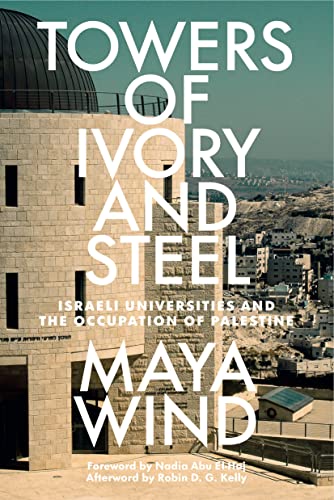
Towers of Ivory and Steel: How Israeli Universities Deny Palestinian Freedom
by Maya Wind (Verso Books)
“Although this book was already in production when the latest Israeli-Gaza war began in October 2023, what Israel has wrought in Gaza is only the logical conclusion of the system of settler colonialism and domination that Wind’s book so carefully and damningly details. No discussion of Israeli universities or of Zionist state-building in Palestine going forward can avoid seriously engaging with this impressive work.”
Reviewed by Laurie Brand, University of Southern California (from Volume 78, Issue 1)
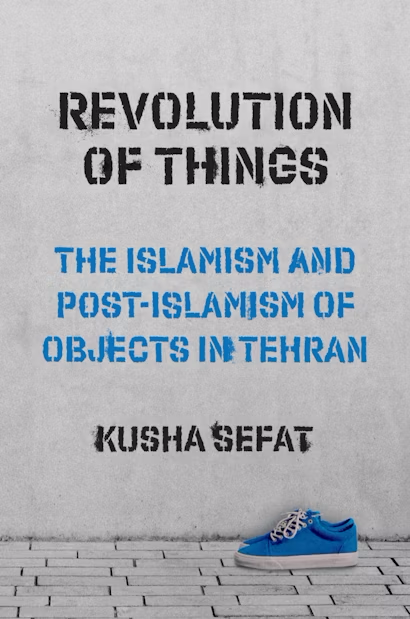
Revolution of Things: The Islamism and Post-Islamism of Objects in Tehran
by Kusha Sefat (Princeton University Press)
“Revolution of Things is not only theoretically sophisticated, it is also intellectually generous. Sefat is adept at building an argument upon successive theorists, blending their work … in this work, the prosaic is a window onto the sublime. The ongoing struggle over revolutionary objects in Iran remains ever more compelling.”
Reviewed by Joel Gordon, University of Arkansas (from Volume 78, Issue 1)

Violence and Social Transformation in Libya
edited by Virginie Collombier and Wolfram Lacher (Oxford University Press)
“This is an excellent book, one full of knowledge and understanding. Of the dozen or so noteworthy books published on Libya in the last decade, it is one of the best if not the best. It is highly recommended for academics specializing in North Africa in general and Libya in particular. It will also be of great utility for aid workers, businesspeople, and diplomats working in Libya or otherwise dealing with policy related to the country.”
Reviewed by Ronald Bruce St John, independent scholar (from the 2024 Special Double Issue)
The Middle East Institute (MEI) is an independent, non-partisan, non-for-profit, educational organization. It does not engage in advocacy and its scholars’ opinions are their own. MEI welcomes financial donations, but retains sole editorial control over its work and its publications reflect only the authors’ views. For a listing of MEI donors, please click here.













